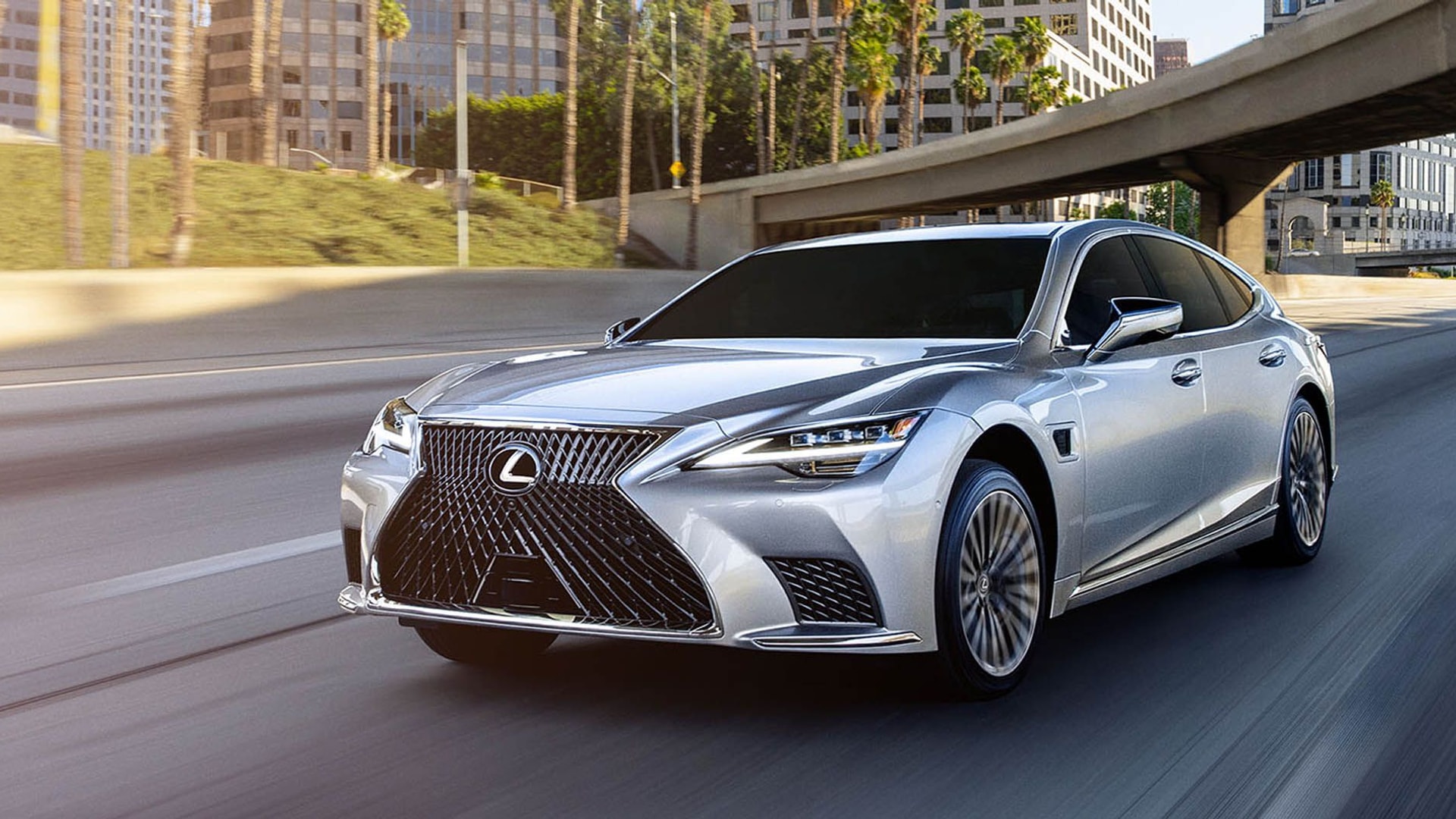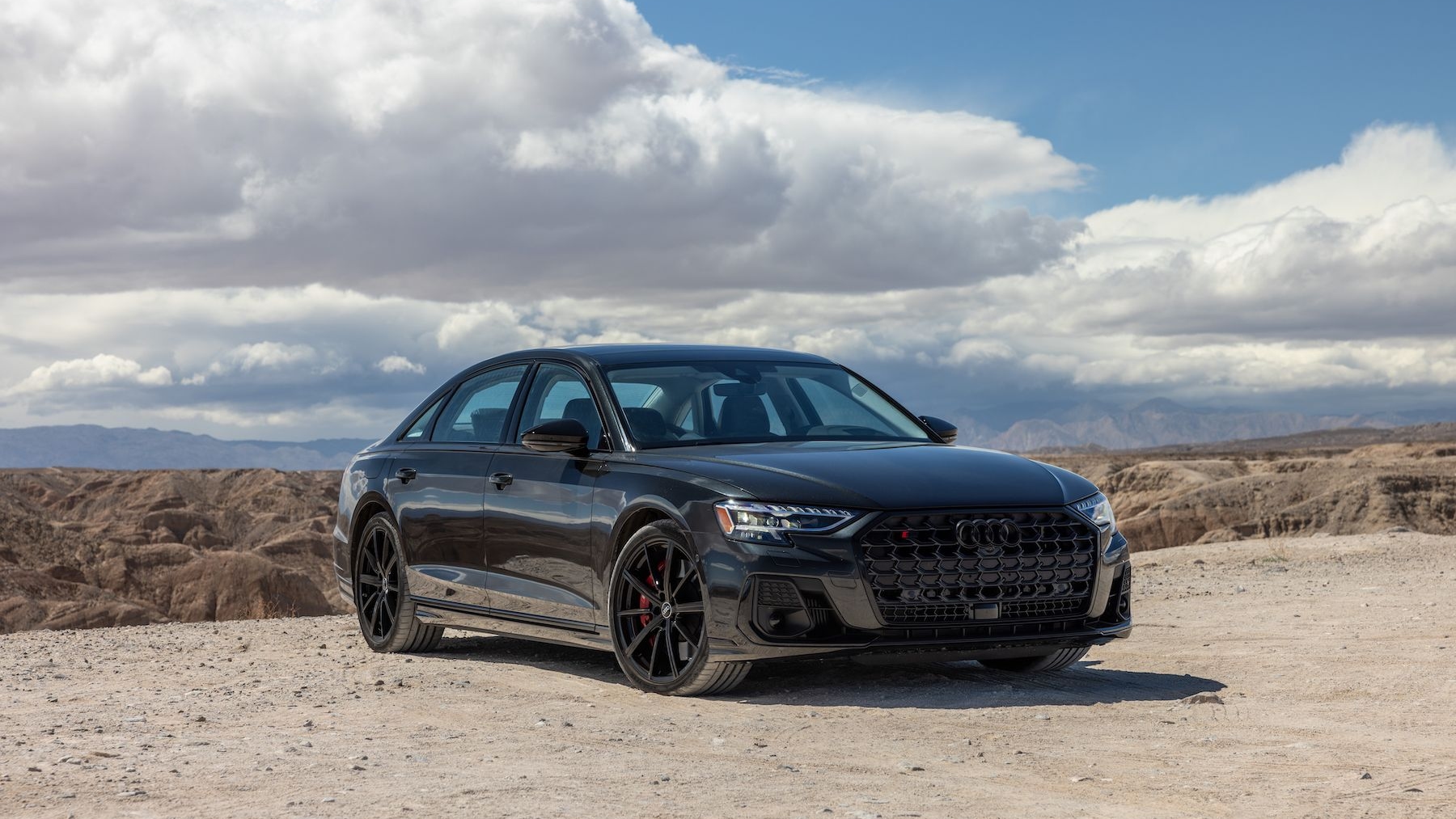The Lexus LS may soon receive alternative powertrains to challenge new electric cars being developed for the full-size luxury sedan segment by rivals such as Jaguar and Mercedes-Benz, not to mention Tesla and its Model S.
But Lexus isn't just looking at pure electric powertrains. It seems every option is on the table including hydrogen fuel cell technology.
The news comes from Australian publication GoAuto, which spoke with LS chief engineer Toshio Asahi at the car's local launch. Asahi said plug-in hybrid, pure electric, and fuel cell powertrains are all under consideration.
Right now, the LS comes with two powertrain options: a standard 3.5-liter twin-turbocharged V-6 producing 415 horsepower or a 3.5-liter V-6 hybrid with an E-CVT and a 4-speed automatic transmission. The latter makes 354 hp, though Asahi said Lexus engineers are also working on a more powerful version of the hybrid powertrain.
Lexus LF-FC concept, 2015 Tokyo Motor Show
Back to the alternative powertrains, Lexus in 2015 hinted at a fuel cell-powered LS with the LF-FC concept, which actually previewed the design of the current LS. And last year, the brand trademarked the "LS-FC CONCEPT" name, potentially a harbinger for a fuel cell-powered variant.
The electric variant is more of a surprise from Lexus. Parent company Toyota has been slow to adopt purely electric powertrains though the automaker is looking to remedy this by offering a hybrid or electric version of every model it sells by 2025, Lexus included. Toyota is also known to be close to mass producing solid-state batteries, which promise more range and faster charge times than current battery tech.
Still, Lexus isn't giving up on fuel cell tech, though this rationale may have something to do with the Japanese government's commitment to hydrogen and fuel cell technology. A premium-priced Lexus with a fuel cell powertrain may ultimately make more sense for the budding technology.
Asahi would not confirm a fuel cell-powered LS, but he noted the powertrain is "expected" to make its way into a Lexus, and sooner than many believe.


